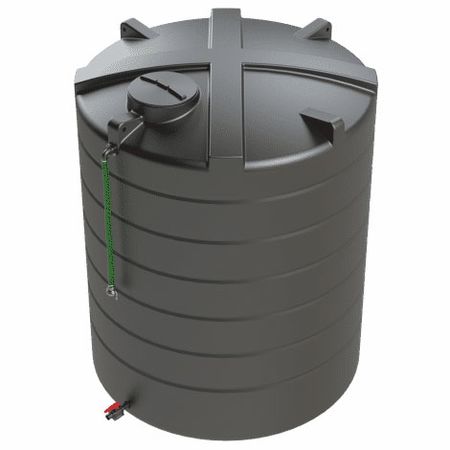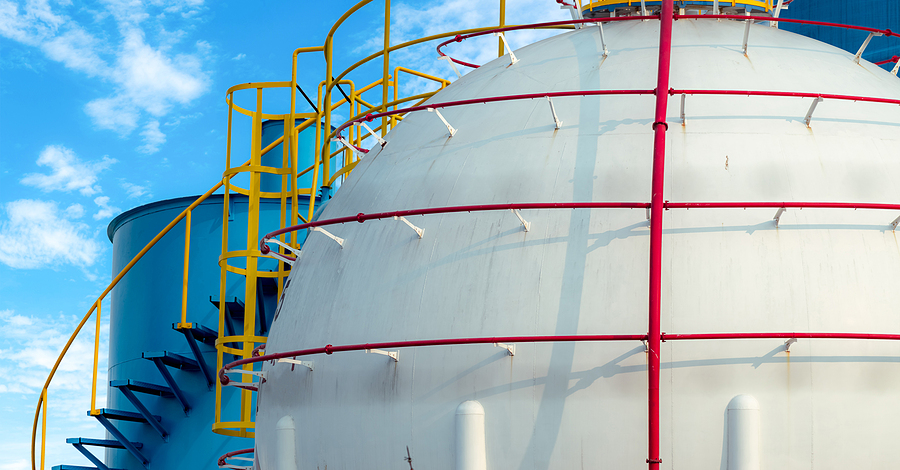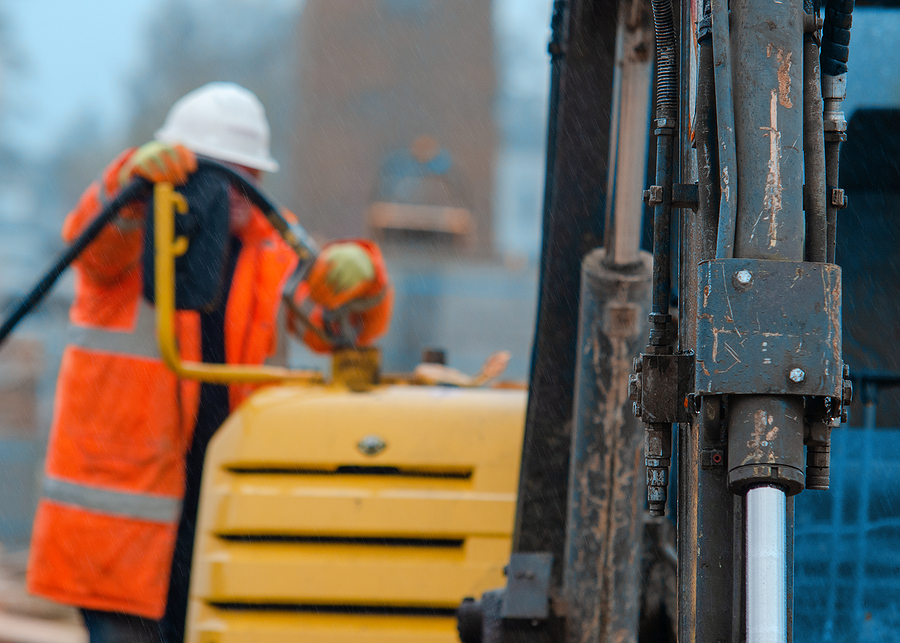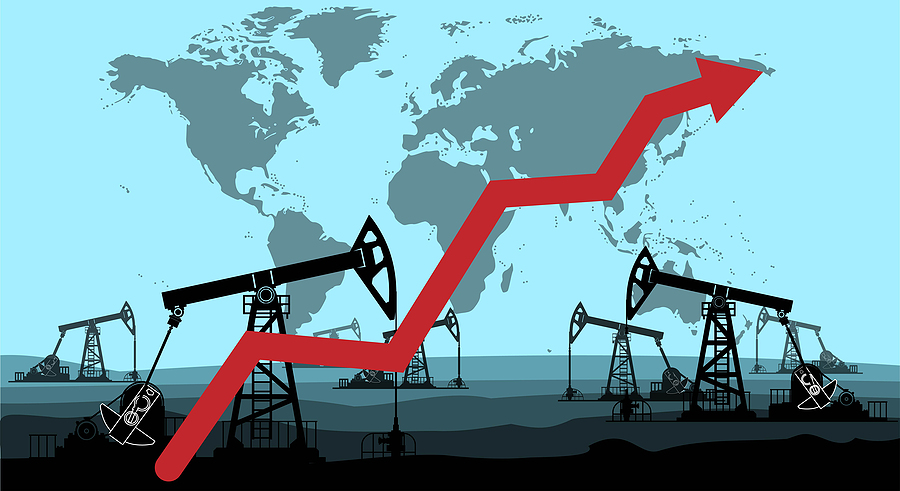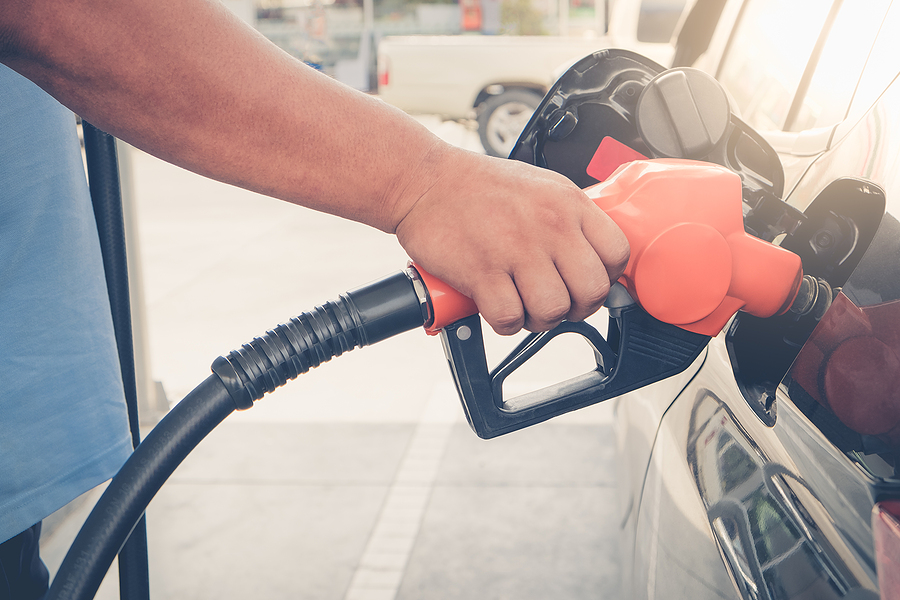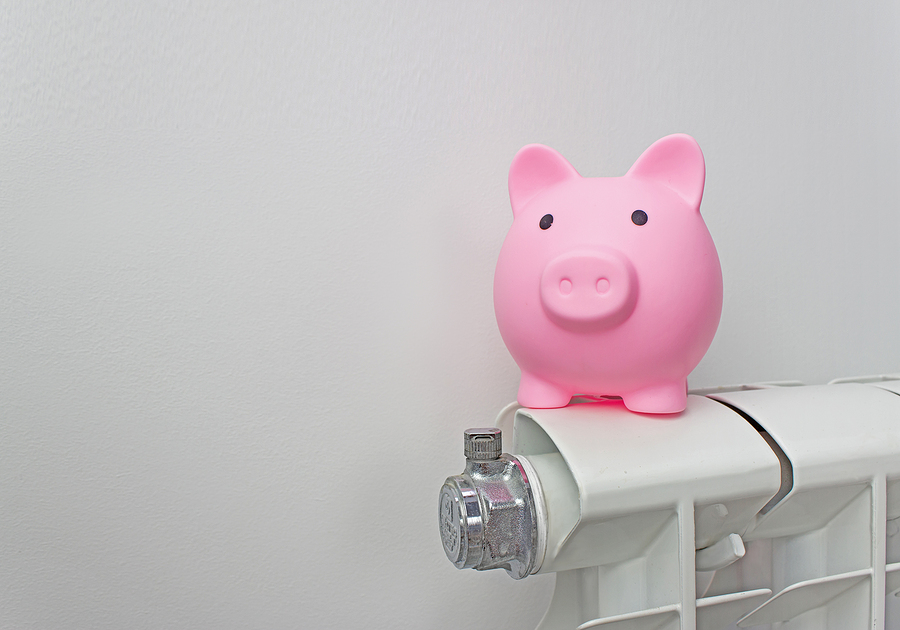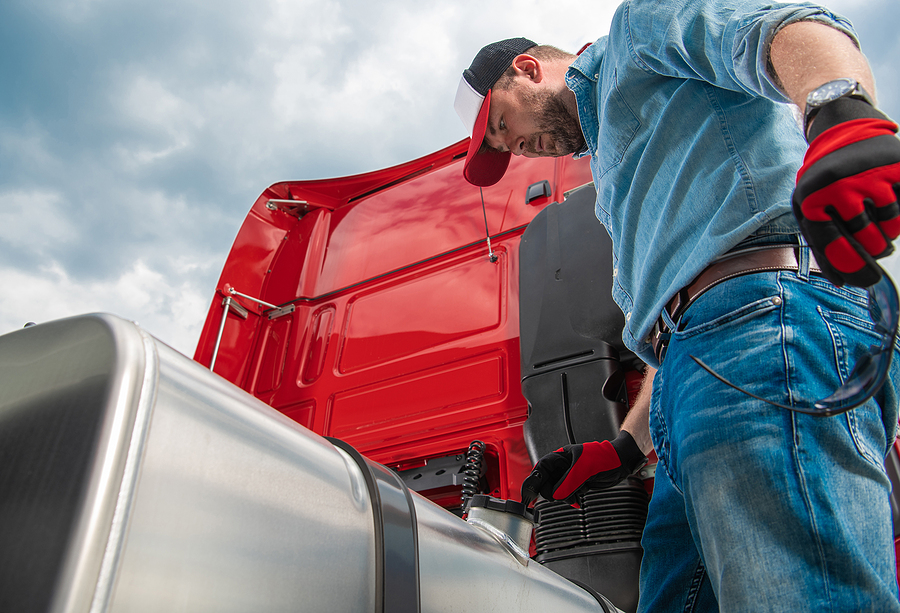Top Tips To Save Money On Fuel
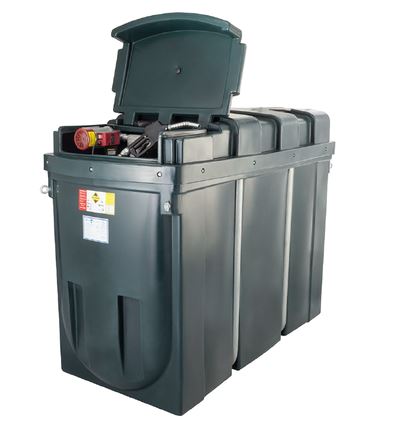
For car owners, the one cost that seems to wildly change and fluctuate the most is the price of fuel, and each trip can be a source of frustration and anxiety for motorists.
With prices at petrol and diesel dispensers costing over £1.35 per litre,
here are some tips to help make the most of your fuel and get to your
destination as efficiently as possible.
Lowest Revs, Highest Gear
Car engines use the most fuel when they have to spin faster, so one of the best ways to efficiently hypermile and save considerable amounts of fuel is to say in the highest gear possible on your vehicle whilst staying within the speed limit for the road.
From a standstill, accelerate gradually and gently whilst quickly changing up gears at the lowest revs you can get away with.
In the past, it was believed that 56mph was the most
efficient speed, but in reality, it depends on the car itself, with most being
at their efficiency peak at around 50mph.
Anticipate Conditions Ahead
A skill commonly associated with high fuel economy is hypermiling, and one of the key skills drivers need to learn is to be conscious of the road ahead and try to choose routes and roads that allow them to retain a constant speed.
If you see traffic ahead, slow down gradually and gently as you do, whilst remaining in gear.
Gradients can be bad for fuel economy, so try to speed up
a little bit before reaching it and then gradually easing off the throttle as
you drive up, minimising additional fuel economy.
Know What Uses More Fuel
Whilst most people are aware that air conditioning systems use fuel, there are plenty of other factors that you may not be aware of that could be costing you money.
For example, a roof box, roof bars or accessories that increase aerodynamic drag cause you to use more fuel to maintain the same speed, as does driving with the window open.
Cruise control can help fuel economy on flat motorways
but be prepared for gradients that a cruise control system cannot see as
quickly as you.



